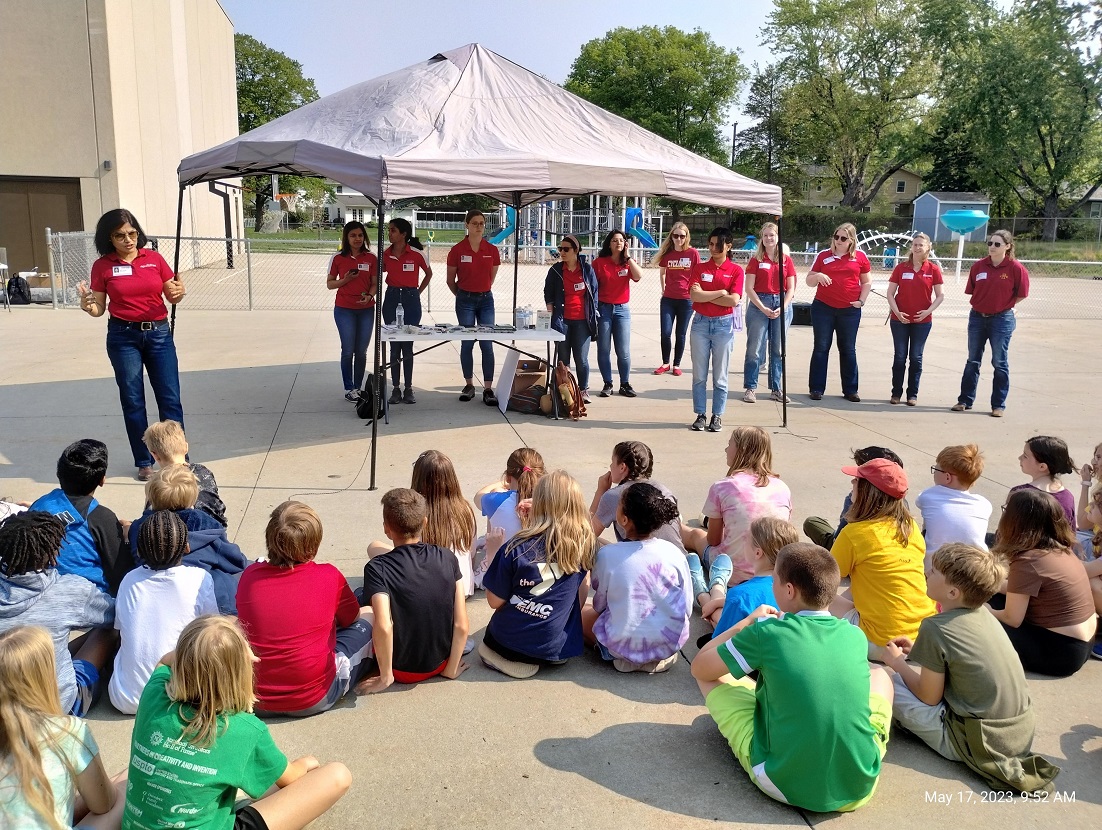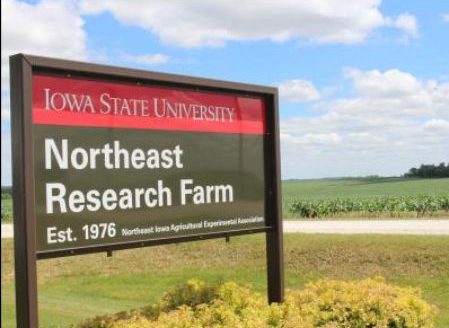Iowa State leaders champion women’s leadership in ag and AI technologies

Artificial intelligence is the focus of many conversations as society tries to understand its uses and implications. Arti Singh is internationally recognized for her work exploring AI’s potential for agriculture, and she is encouraging other women to take leadership in AI technologies for the future.
Two years ago, Singh, a plant breeder and associate professor in Iowa State University’s Department of Agronomy, started to organize a new group of students as Women in Agriculture and Artificial Intelligence to encourage women to get more involved in AI and recognize its potential to solve diverse ag-related problems.
“Our goal is to inspire women in STEM disciplines who can lead, influence and create a better future for agriculture using AI tools,” Singh said. Her growing cadre of AI enthusiasts, primarily led by graduate students, are off to an active start. They have conducted outreach events to agronomy classes at Iowa State, the Women in Ag club, and to 4-H youth leaders and members. They led a rover-building workshop at the Women in Science and Engineering (WiSE) Go Further Conference last spring.
At a STEM festival they organized for fourth- and fifth graders at Fellows Elementary School in Ames, they demonstrated several AI applications, such as how drones can be paired with AI for more accurate crop scouting to identify pests and diseases. They also showed students how computers can be trained to identify insects—the basis of a new bug identification tool Singh is developing with mechanical engineering Professor Baskar Ganapathysubramanian and others at Iowa State. Their AI-powered insect ID can quickly identify more than 2,500 insects. Soon to be released for public use, it aims to improve farmers’ ability to make effective pest management decisions.
Singh’s efforts to advance AI extend far beyond Iowa. Recently, during a trip to Germany to build international collaborations for AI applications in agriculture, she met women working in AI at PhenoRob, where she discussed ways to start a new international chapter of Women in Agriculture and AI. A few weeks later, she was in Washington, D.C., showcasing Iowa State’s new AI-based insect app at a National Science Foundation Day on Capitol Hill.
The WIAA group includes undergraduate and graduate students in the College of Agriculture and Life Sciences and the College of Engineering. One of the student leaders working with Singh to promote Women in Ag and AI is Ashlyn Rairdin, a doctoral student in agronomy. Rairdin coordinated the event at Fellows Elementary and helped Singh organize other WIAA outreach projects, including training for 4-H leaders.
The idea of crop-scouting drones and robotic rovers were among the AI uses that originally attracted her interest to pursue a doctorate in plant breeding at ISU.
“This is an area where women haven’t always had the most representation,” Rairdin said. “I like the idea of sharing the potential of these cool technologies with younger women and girls and encouraging them to think, ‘I could do that kind of work someday.’”
Rairdin’s career goal is to work with AI in industry “to build bridges between agriculture, data science and engineers.” She sees opportunities to use AI especially for repetitive, time-consuming tasks that few want to do, allowing humans to focus on more complex, interesting jobs.
Currently, she is programming unmanned aerial vehicles to collect data for Singh’s mung bean research and advocating for the WIAA chapter to become an official student group. The chapter has grown to include about 20 students, including two undergraduates.
“We are working to expand and involve more students,” she said. “Our hope is to structure the organization so we can have several outreach events each year and also emphasize mentoring for undergraduates to get them involved in this area of research.”



